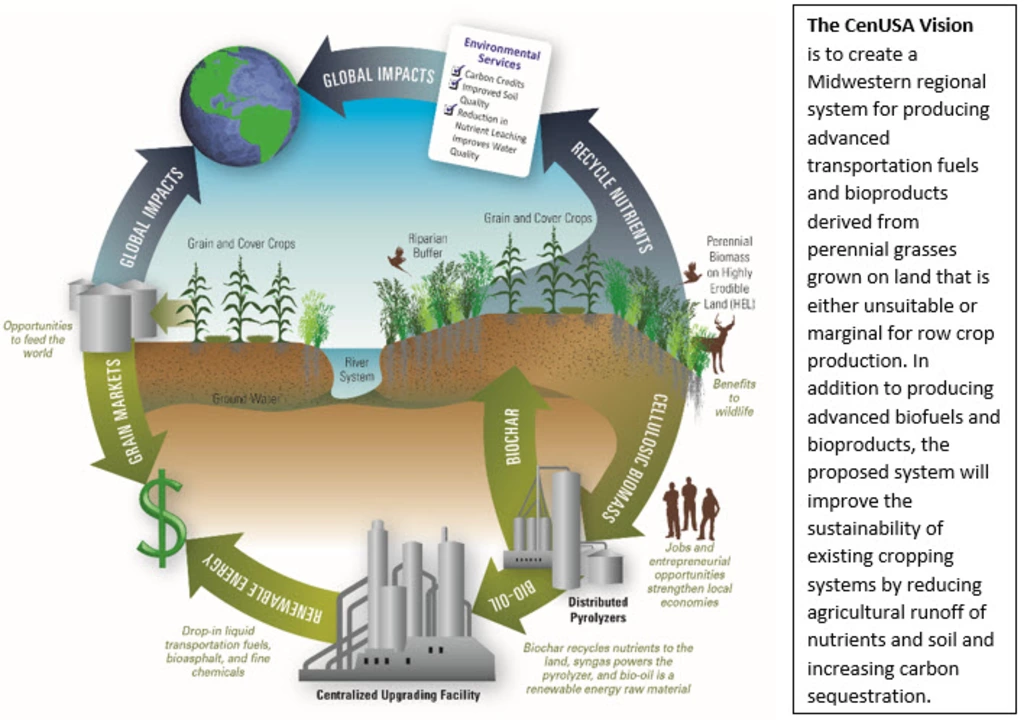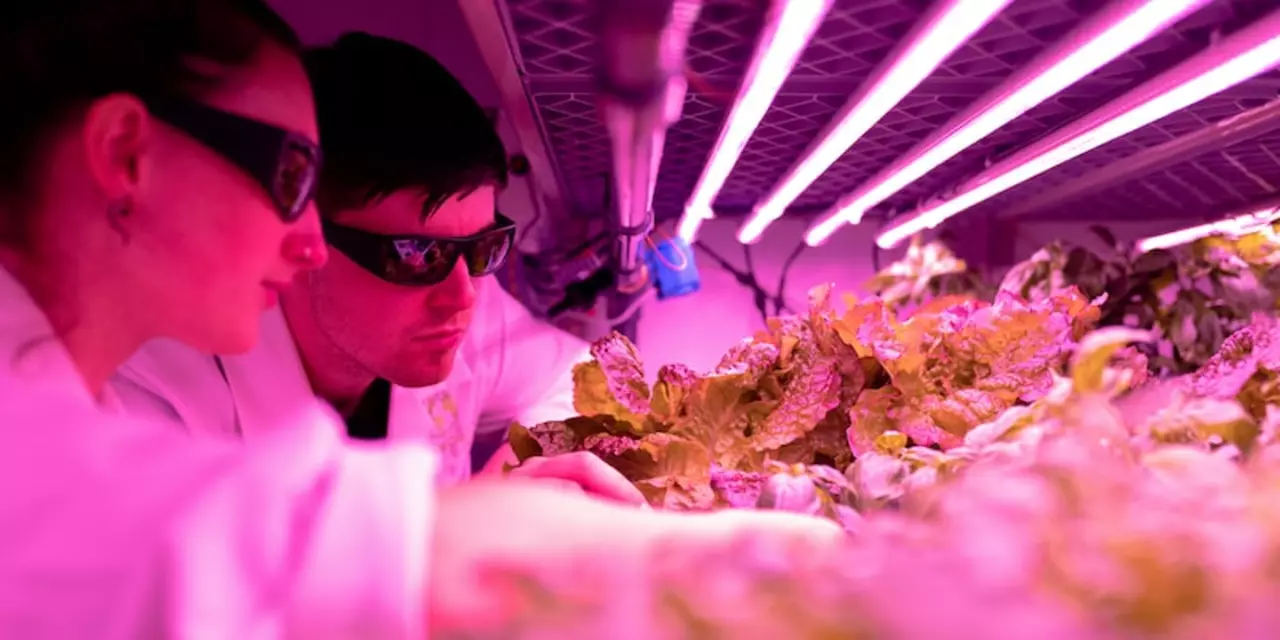Hanover Eco Blog - Page 3
What problems do landfills create for the environment?
-
Written by Kieran Whitlock
11/ 07
Landfills are a significant concern for our environment. They contribute to air pollution by releasing harmful greenhouse gases like methane, which is more potent than carbon dioxide. Landfills also lead to water pollution as toxic leachate seeps into groundwater, affecting the local ecosystem and potentially our drinking water. The waste accumulation takes up valuable land space, and it's challenging to reclaim it. Lastly, improper waste management in landfills can harm wildlife, disrupting their habitats and potentially causing harm to the biodiversity.
What is the largest environmental impact of renewable energy?
-
Written by Kieran Whitlock
7/ 04
Renewable energy sources such as solar, wind and hydropower have a far lesser environmental impact than non-renewable sources such as oil, coal, and gas. In fact, the largest environmental impact of renewable energy is the reduction of greenhouse gas emissions. This is because these sources of energy generate electricity without burning fossil fuels, thus reducing the amount of carbon dioxide that is emitted into the atmosphere. Additionally, renewable energy sources do not produce dangerous pollutants like sulfur dioxide and nitrogen oxide, which are often released by non-renewable sources. Finally, renewable energy sources generate far less waste, meaning there is less strain on landfills and the environment.
What are the living elements of the environment?
-
Written by Kieran Whitlock
15/ 03
The living elements of the environment can be broadly described as the organisms that inhabit and interact with the environment. These elements include animals, plants, fungi, and bacteria, as well as the organisms that depend on them. The living elements of the environment are essential to the healthy functioning of our planet, providing numerous ecological services such as water filtration, soil fertility, and food production. They also play a key role in the global climate system, helping to regulate the temperature and oxygen levels in the atmosphere. Without the living elements of the environment, life on Earth would not be possible.
Does agile really promote a better work environment?
-
Written by Kieran Whitlock
22/ 02
This article discusses the pros and cons of the Agile methodology and its impact on the work environment. It examines whether Agile truly promotes a better work environment and concludes that, while it has its benefits, it is not a panacea for all organizational issues. On the plus side, Agile encourages more collaboration, faster feedback, and greater transparency. On the downside, it can lead to burnout and can be difficult to manage in larger organizations. Ultimately, the article suggests that Agile should be tailored to fit the specific needs of an organization in order to make it successful.
What careers are available for environmental science?
-
Written by Kieran Whitlock
6/ 02
Environmental Science careers involve the examination of the environment, the effects of human activity on it, and the development of measures to protect it. These careers span a wide range of disciplines, from biology and chemistry to sustainability, law, and economics. Employment opportunities in this field are expected to increase significantly over the next decade, with positions ranging from scientific and technical research roles to policy-making and management positions. Environmental scientists can find work in government agencies, private businesses, educational institutions, non-profit organisations, and consulting firms. They can also specialise in a particular field of environmental science, such as air pollution, water management, and conservation.




